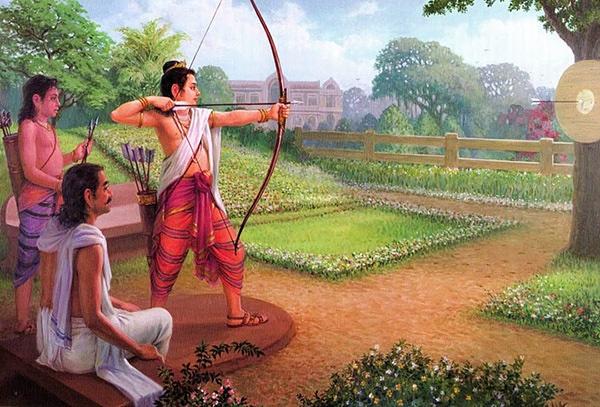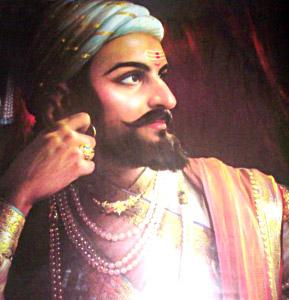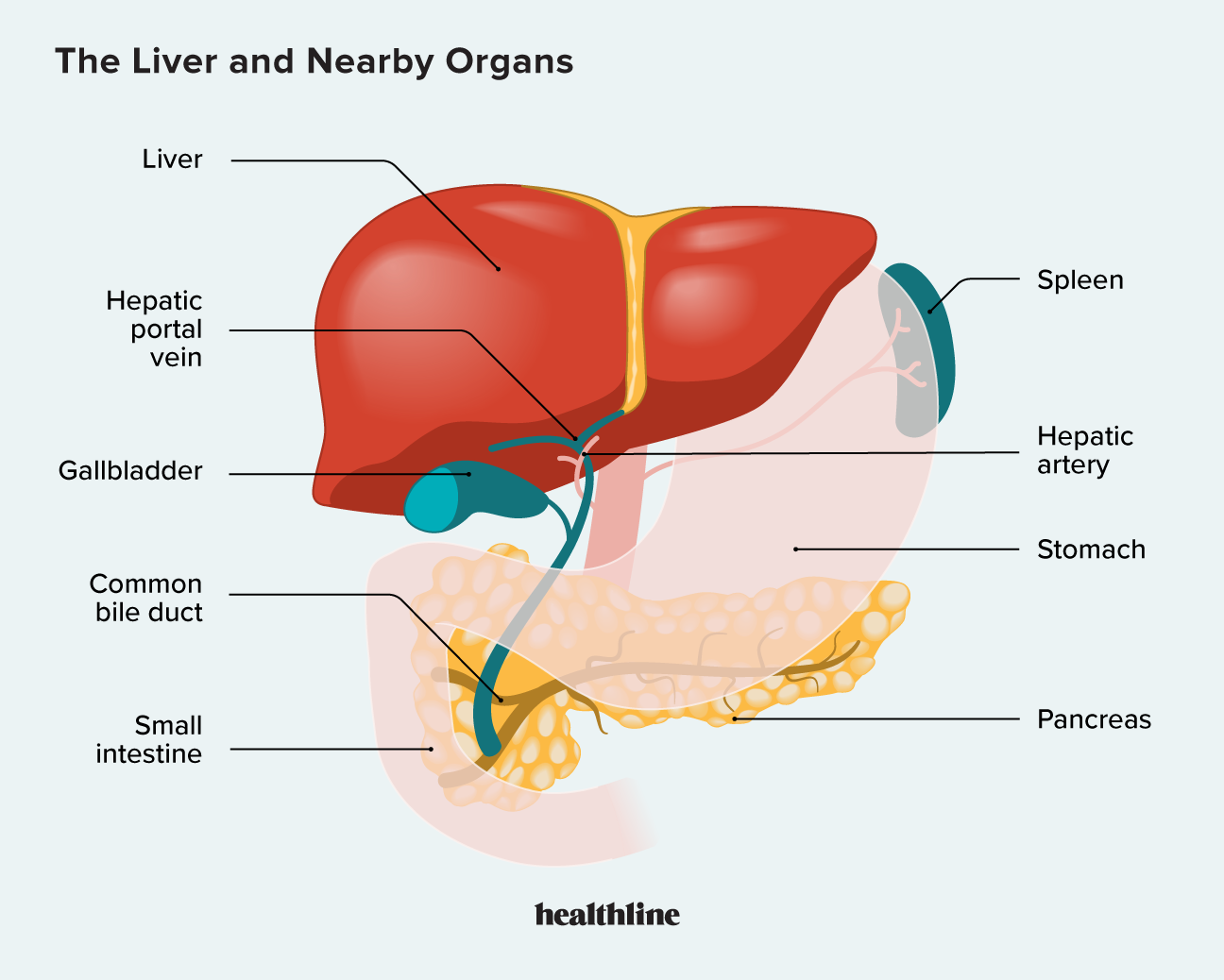The King in the Dream World: Suddhodana

At birth, Prince Siddhartha bore the thirty-two marks of a great being. Even his tiny feet carried the imprint of a wheel - an auspicious symbol pointing to destined greatness. During the ceremonies that followed, royal astrologers made a remarkable prophecy: the prince would either become a Universal Monarch (Chakravartin) or a Buddha.
King Suddhodana, Siddhartha’s father, had only a faint notion of what a Buddha was. He had heard rumors -whispers of an exalted being, unmatched in all three realms, appearing only once in countless eons. But these were just distant words. He didn’t truly comprehend the boundless wisdom, virtue, and spiritual power a Buddha possessed. Seeking understanding, he turned to his ministers, but even the wisest among them could offer only vague insights.
After all, who could grasp the enormity of a Buddha’s path?
What the king did understand was kingship - power, legacy, prestige. And so, from a place of deep hope, responsibility, and human limitation, he wished for his son to become a Universal Monarch.
But this wasn’t mere ambition. His hope was rooted in genuine concern for the future of his kingdom, Kapilavastu. With powerful neighbors like Kosala and Magadha growing ever stronger, the region stood at a political crossroads. Strength was not optional - it was survival.
Kapilavastu needed a leader: one who could see clearly, think wisely, and lead decisively. The king had waited years for an heir, and now that Siddhartha had been born under such auspicious signs, he dared to dream big - for his family, for his people, and for the legacy of his land.

As the prince grew, he exceeded every expectation. He mastered martial arts and archery with ease, excelled in royal studies, and shone with exceptional intelligence. His beauty and brilliance stirred admiration across the land. King Suddhodana beamed with pride, certain that his vision was taking shape.
Yet even as joy filled the palace, a shadow of fear crept into the king’s heart. The astrologers had said “Universal Monarch or Buddha.”
And Suddhodana could not let the second possibility come to pass.
Determined to shape the prince’s destiny, he set about building a world of comfort and control. Three palaces - each suited to a different season - were constructed. The prince was surrounded by music, beauty, and luxury. He was kept from sights of sorrow, pain, or aging. The king hoped to keep thoughts of renunciation far from his son’s mind.
But reality cannot be hidden forever.
Despite his father’s efforts, Siddhartha eventually encountered life’s inescapable truths - aging, illness, and death. These revelations awakened his contemplative mind. He began to question everything: the pleasures of the palace, the nature of suffering, the permanence of worldly joy.
The king’s carefully crafted dream world began to crack.
Though his intentions were filled with love and a desire to protect, King Suddhodana had unknowingly imprisoned his son - not in walls, but in illusion. He hoped to delay the inevitable, but Siddhartha’s brilliance would not be dulled, nor his insight suppressed.
And so, while the king clung to his dream of a worldly emperor, the seeds of enlightenment had already begun to take root.
King Suddhodana, lost in his dream world, could not see that his son was not destined to rule a kingdom - but to transform the world.
~ Dhamma



